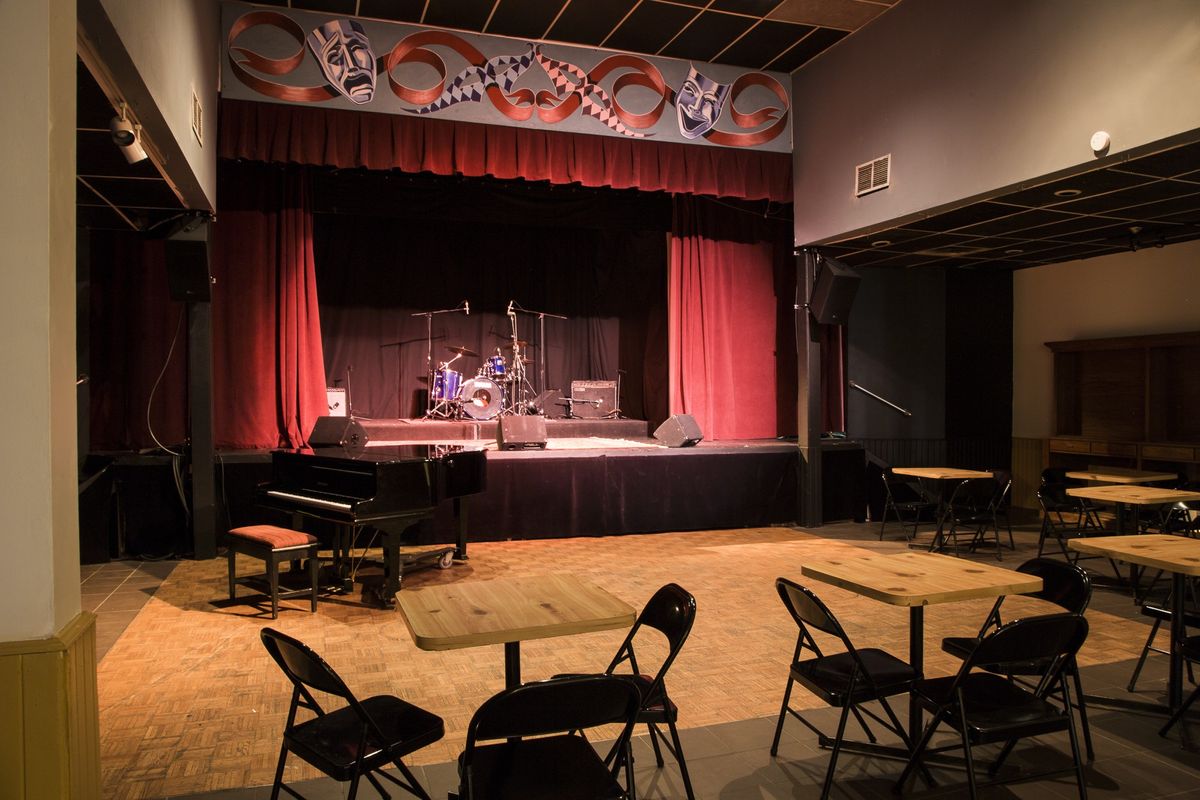The Art of the Record Deal: Covid Conversations
Although we've only been immersed in pandemic restrictions since mid-March, some of the industry's movers and shakers admit that Covid-19 is already working its way into numerous negotiation scenar

By Nick Krewen
Although we've only been immersed in pandemic restrictions since mid-March, some of the industry's movers and shakers admit that Covid-19 is already working its way into numerous negotiation scenarios.
With no firm end in sight - especially in terms of the live music industry - Patrick Leyland of Toronto entertainment and media law firm Taylor, Oballa, Murray, Leyland LLP says Coronavirus concerns are being expressed during deal negotiations.
“The Covid-19 circumstances are impacting discussions we’re having as legal representatives approaching deals on behalf of our clients.to varying degrees,” notes Leyland, whose firm clientele includes Tom Cochrane, Alessia Cara and Lights among others.
“A lot of those negotiations, if you’re talking about a record contract for example and the conduct of a label passively participating in those areas of business. So, on the one hand, that passive participation share will presumably provide the label with less value in the short term, until the traditional business bounces back."
“If the label is participating to the tune of 10% to 15%, that expected revenue, that’s going to mean less of it for the label but it’s going to mean even less for the artist. So the hope is that, from the artist’s side of representation, that the business partners will be understanding that being struggling through that stretch, that hopefully will find ways to help those artists maintain healthy businesses and continue to be in the position and pursue their career full-time for the benefit of all parties involved."
For some smaller firms like CCS Rights Management, a Toronto-based music publishing and management rights company, there are also financial considerations that are directly impacted by the lack of being able to tour or perform live in front of an audience.
“I had an artist manage of a well-known Canadian player call me and say, 'My guy’s going to be off the road for I don’t know how long – I need advances from you,'" CCS Rights Management founder Jodie Ferneyhough relays. "And, on the other end, I’m saying, 'I can’t give you the kind of advance that you want because 1), I’m a small shop and 2), say the live scene opens up in 2021, I won’t see any money until 2022 at the earliest.'"
Ferneyhough, who represents Colin James, Yukon Blonde and songwriter/producer Gavin Brown, says the Covid-19 crisis is "changing some people’s livelihoods in the way they’re going to do business and in the ways they can generate money.”
"We’re looking at a doing a deal with a couple of different folks and we’ve had to say, 'Let’s make the deal happen but let’s postpone the start date.'
"One example we’re doing is a joint venture which will be bringing in new bands. But the way those new bands will get discovered is through playing live. Because of the structure of the deal. I’m not going to make any money for six months? Or will it be eight months? Or will it be 12 months? How long is this going to last?
"So if we’re doing artist deals or this one joint venture that we’re looking at, we’re trying to postpone the start date just because there’s not going to be any income coming in unless they’re very much a radio band or something similar."
Joel Carriere, owner of Bedlam Music Management and Dine Alone Records (City and Colour, Alexisonfire, Dashboard Confessional), says it’s "business as usual
as far as he’s concerned, but admits there have had to be some shortages when it comes to filling promotional promises.
“The only thing that we’ve slightly changed is the physical commitment," Carriere explains. "We usually have some language in our contracts about physical commitments, whether they’re CD sales or mostly vinyl. With not being able to manufacture or distribute and with retail outlets all closed, we can’t really commit to certain physical commitments."
But Carriere, who says his label doesn't take a slice of concert revenue, also admits that a lot of his company's product is sold offstage during concerts.
The sudden temporary elimination of live tours has impacted option negotiations.
“There are a couple of bands that we’re in the second and third options, and each option scales up to more commitments – and we’ve had to really take a hard look at some great bands and – in this climate, being an off-stage type of band, we can’t commit to this. Some of the bands have decided to renegotiate and a couple of other bands have said, ‘it’s off, then.“
“It’s unfortunate. We’ve got a lot of rock and punk-based bands that definitely need to be on the road but it’s hard to make that marketing commitment or that contract commitment when you’re a couple records in, just based on the climate.
“It’s just a weird time."
However, Taylor, Oballa, Murray and Leyland's Pat Leyland says the silver lining of the pandemic is that it could possibly bring streaming services like Spotify and platforms like YouTube to the table to negotiate more reasonable royalty rates for artists.
“You hope that the artist’s business partners realize this is going to be a challenging time for many artists. – and perhaps revisit some of the assumptions they had made surrounding their general business models or revenue splits – even if it’s on a short-term basis," says Leyland.
"Hopefully, there’s a willingness anecdotally to put the artist in a better position over this period of time, that it leads to a healthier industry and environment not just for the artist, but for everyone and everyone involved with that artist, from the label to the publishers to the managers and on down the list."

















